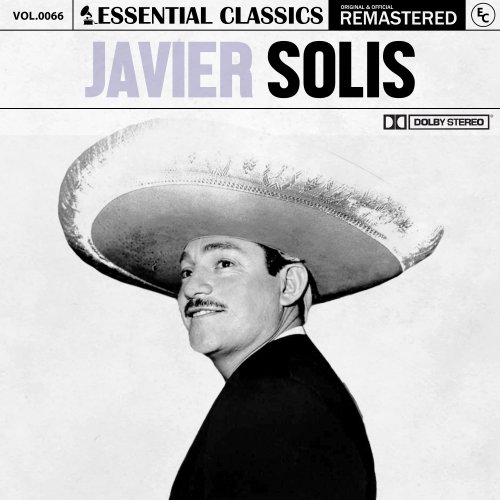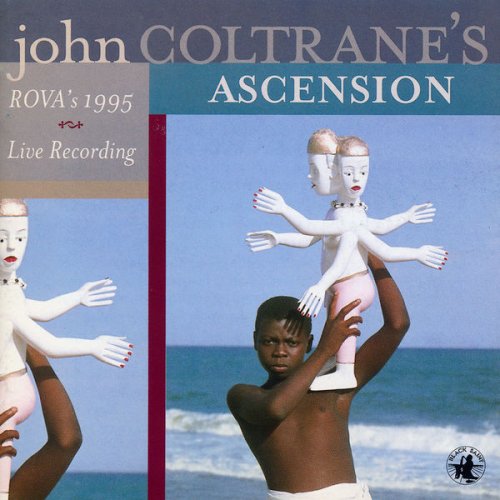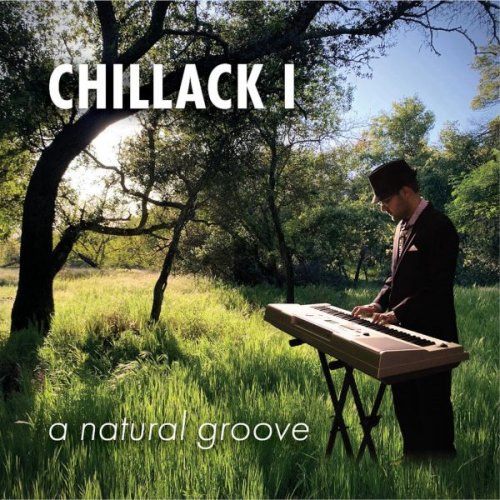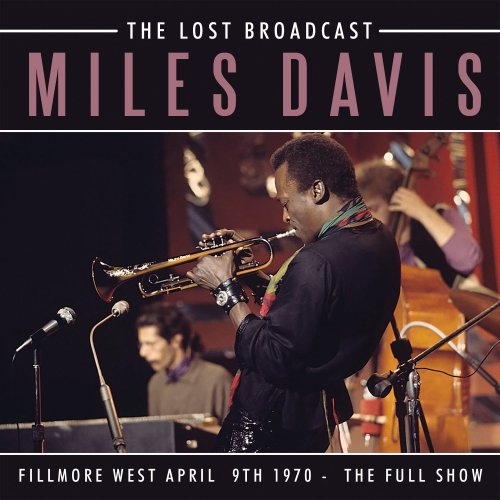Javier Solis - Essential Classics, Vol. 66: Javier Solis (2024)

Artist: Javier Solis
Title: Essential Classics, Vol. 66: Javier Solis
Year Of Release: 2024
Label: Essential Classics
Genre: Latin, World, Ranchera, Bolero
Quality: Flac (tracks)
Total Time: 55:35
Total Size: 336 MB
WebSite: Album Preview
Tracklist:Title: Essential Classics, Vol. 66: Javier Solis
Year Of Release: 2024
Label: Essential Classics
Genre: Latin, World, Ranchera, Bolero
Quality: Flac (tracks)
Total Time: 55:35
Total Size: 336 MB
WebSite: Album Preview
1. Esclavo y Amo (2:57)
2. En Tu Pelo (3:00)
3. Renunciación (2:57)
4. Sombras - Versión Trío (3:27)
5. Entrega Total (2:30)
6. El Loco (2:54)
7. Y... (2:39)
8. Cataclismo (2:28)
9. Media Vuelta (2:11)
10. Te Amaré Toda la Vida (2:12)
1. Dos Almas (2:52)
2. Amanecí en tus Brazos (2:29)
3. Escándalo (2:27)
4. Que Va (2:47)
5. Luz de Luna (2:54)
6. Esta Tristeza Mía (2:36)
7. Si Dios Me Quita la Vida (3:01)
8. Besame y Olvidame (3:08)
9. Carabela (3:14)
10. Cenizas (2:42)
Javier Solís (1 September 1931 – 19 April 1966) was a popular Mexican singer of boleros and rancheras as well as a movie actor. Javier Solís, born Gabriel Siria Levario, was the first of three children of Francisco Siria Mora, a baker/butcher, and Juana Levario Plata, a trader.
Siria had to drop out of school before his teens to support his family, after the death of his aunt Angela.
Siria began singing in competitions under the pseudonym of "Javier Luquín" in which the winner would be awarded a new pair of shoes. He was eventually banned from participating because he so dominated the competition. He worked as a baker, a butcher, a carpenters helper and a car washer. In his spare time, he trained as an amateur boxer.
There in 1950, he signed a contract and recorded his first album. He was singing at the same time at the Teatro Lirico in Mexico City when he met dancer Blanca Estela Saenz who would later become his wife.Solís began to receive international acclaim in 1957 when he began appearing in the United States and Central and South America. He was among the first artists to sing in the new style now known as bolero-ranchera. Solís began his acting career in 1959 and appeared in more than 20 films, working with such artists as Pedro Armendáriz, María Victoria, Antonio Aguilar, and Lola Beltrán. His last movie, Juan Pistolas, was finished in 1965, the same year that his film, Sinful, was released.
On April 19, 1966, Solís died at the age of 34 in Mexico City from complications due to gallbladder surgery. Following surgery, his doctors had refused him water, and his last words concerned his thirst and imminent death: "They will have to shower my grave with lots of water. I know that I'm going to die. There is no cure."
Siria had to drop out of school before his teens to support his family, after the death of his aunt Angela.
Siria began singing in competitions under the pseudonym of "Javier Luquín" in which the winner would be awarded a new pair of shoes. He was eventually banned from participating because he so dominated the competition. He worked as a baker, a butcher, a carpenters helper and a car washer. In his spare time, he trained as an amateur boxer.
There in 1950, he signed a contract and recorded his first album. He was singing at the same time at the Teatro Lirico in Mexico City when he met dancer Blanca Estela Saenz who would later become his wife.Solís began to receive international acclaim in 1957 when he began appearing in the United States and Central and South America. He was among the first artists to sing in the new style now known as bolero-ranchera. Solís began his acting career in 1959 and appeared in more than 20 films, working with such artists as Pedro Armendáriz, María Victoria, Antonio Aguilar, and Lola Beltrán. His last movie, Juan Pistolas, was finished in 1965, the same year that his film, Sinful, was released.
On April 19, 1966, Solís died at the age of 34 in Mexico City from complications due to gallbladder surgery. Following surgery, his doctors had refused him water, and his last words concerned his thirst and imminent death: "They will have to shower my grave with lots of water. I know that I'm going to die. There is no cure."


![Duke Ellington - The Feeling Of Jazz (1962) [Vinyl] Duke Ellington - The Feeling Of Jazz (1962) [Vinyl]](https://www.dibpic.com/uploads/posts/2025-01/1737041013_5.jpg)


![Art Blakey - Art Blakey's Big Band (2013) [Hi-Res] Art Blakey - Art Blakey's Big Band (2013) [Hi-Res]](https://www.dibpic.com/uploads/posts/2019-10/1570961995_folder.jpg)
![Emma Augustsson - Härifrån- Emma Augustsson tolkar Agneta Pleijel (2025) [Hi-Res] Emma Augustsson - Härifrån- Emma Augustsson tolkar Agneta Pleijel (2025) [Hi-Res]](https://www.dibpic.com/uploads/posts/2025-01/1737137053_el7l9qzc04pmb_600.jpg)

